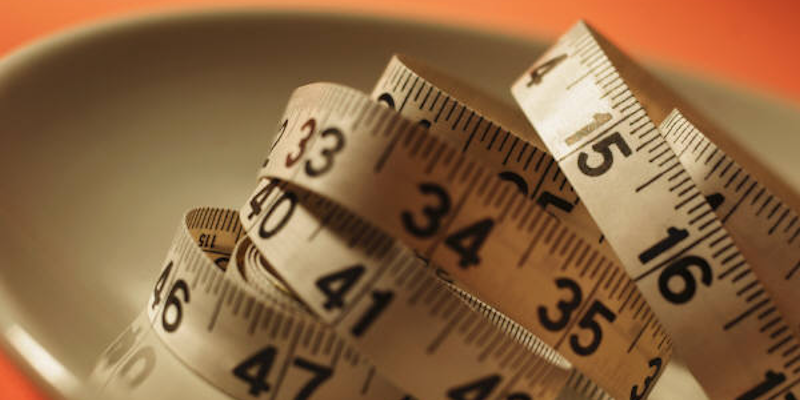Dangers and Signs of Fad Diets
Want to lose 50 pounds in a month while eating sweets every day and not exercising? Sounds too good to be true, doesn’t it? Therefore, it probably is! For several years now, there have been numerous fad diets that have come and gone, and there will be many more. Their claims sound great – quick, easy weight loss without much exercise involved, if any, and you can be thin for the rest of your life.
Unfortunately, many of these fad diets not only do not deliver on their weight loss promises, but many of them can be damaging to your health as well, both physically and psychologically. In addition, many fad diets tend to over-emphasize one particular food item, or type of food, which contradict the guidelines for healthy eating.
For example:
- Rapid weight loss can result in the loss of body water and lean muscle mass, but not fat.
- High protein diets may increase the amount of calcium your body excretes, and therefore place you at higher risk for osteoporosis (the bone thinning disease).
- Diets that are very low in calories may deplete your body of necessary nutrients that it needs to be healthy, including vitamins, minerals, and essential fatty acids.
- You may become apathetic, irritable, depressed, easily distracted, and less mentally alert.
How can you tell if a diet is a fad diet? Look for these signs…
- Guarantees weight loss without exercising or making changes to your eating habits
- Promises quick weight loss
- It is not based on sound science or backed by solid scientific evidence
- Manipulates or misrepresents scientific facts
- Relies on testimonials and anecdotes rather than scientific evidence, including promotions by celebrities
- Relies on special magic or miracle products, supplements, or treatments, including pills, bars, powders, vitamins, and minerals
- Categorizes certain food groups as being “good” or “bad” for you/encourages you to eliminate certain food groups
- Recommends specific foods in large amounts
- Suggests calories do not count, or has dangerous calorie restrictions
- Restricts specific food items to people based on your blood type, Zodiac sign, etc.
- Proposes strict menus that do not consider your likes, dislikes, and lifestyle
Instead of experimenting with a fad diet, try these healthy eating tips to help you achieve your weight loss goals…
- Be ready to change – list reasons why you want to change and post them on your refrigerator
- Healthy eating starts with grocery shopping – stock up on nutritious foods
- Aim for 5-10 veggies and fruits daily – there won’t be room for much more
- Listen to your body – eat when you start to feel hungry, not “starving”
- Don’t be a member of the “clean plate” club – eat slowly and stop before you are full
- Don’t eat out of boredom or stress (try exercise, reading, or starting a new hobby)
- When dining out, split an entrée with a friend or eat an appetizer
The next time you ponder starting a fad diet, remember that it may be damaging to your health, so think twice about it. Traditional weight loss methods recommend a well-balanced meal plan with a variety of foods that are low in saturated and trans fat, in addition to being physically active. Remember, it’s all about living a healthy lifestyle!


Pingback:Healthy Eating Tips for Starting a New Year | The Food Cop